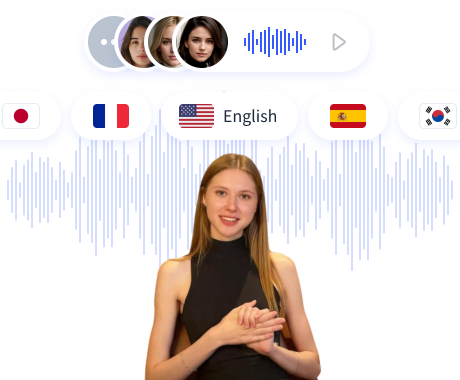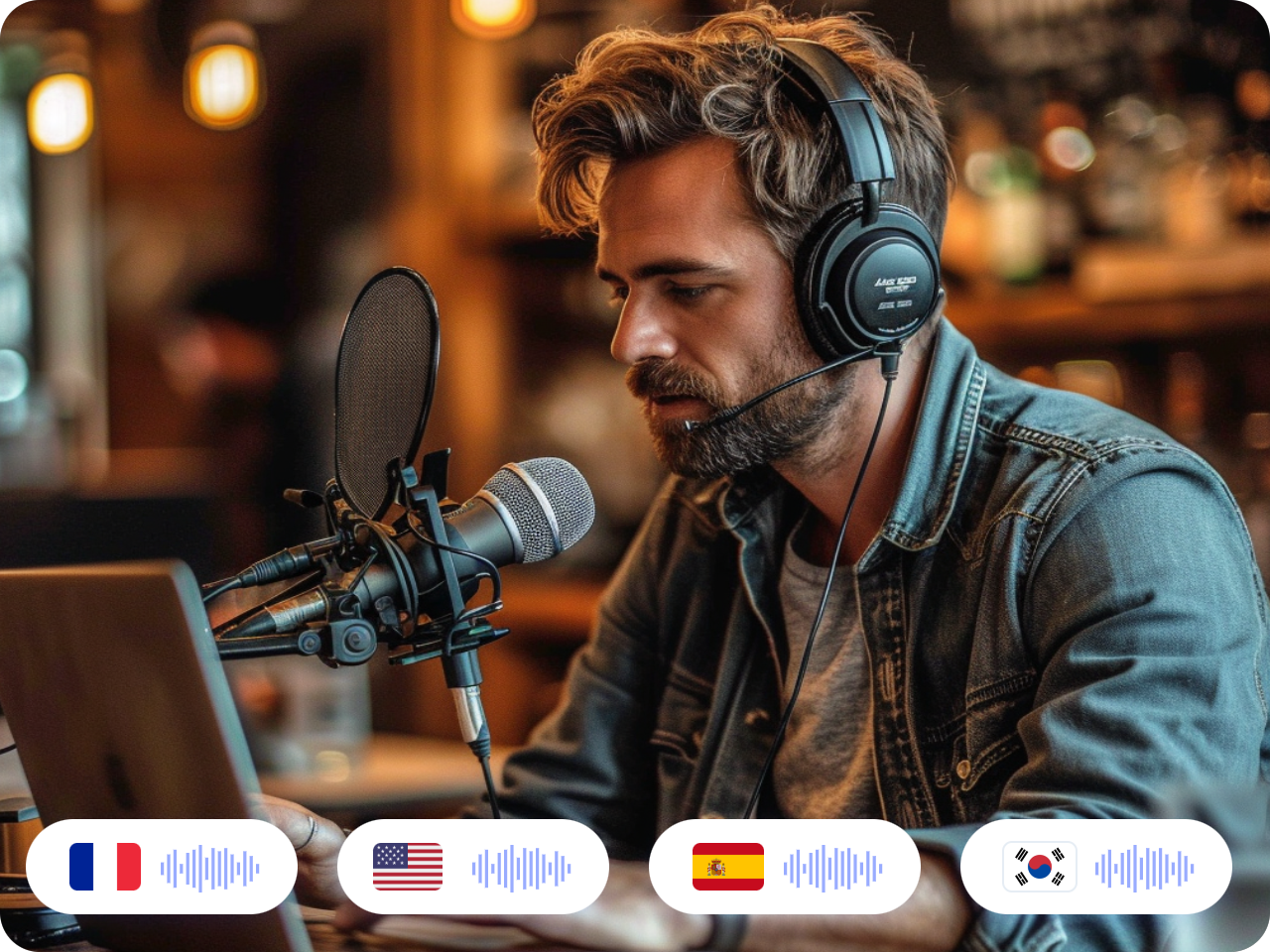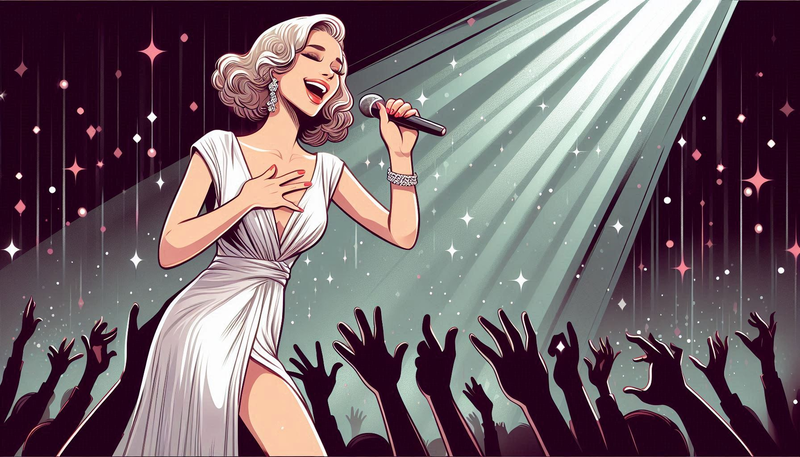
Have you ever wondered how artificial intelligence (AI) is transforming the way we interact with audio content? With advancements in technology, AI has paved the way for innovative solutions like text-to-audio conversion. This article delves into the realm of ai for text to audio and explores its potential impact on various industries.
The Power of AI for Text to Audio

AI-powered systems, such as VidAU, have revolutionized the process of converting written text into high-quality audio. These systems utilize natural language processing algorithms and machine learning techniques to generate lifelike voices that can narrate any given text. By harnessing this technology, individuals and businesses can enhance accessibility, improve user experiences, and streamline content creation processes.
VidAU: Transforming Content Consumption
VidAU is a leading platform that exemplifies the capabilities of AI for text-to-audio conversion. It offers an intuitive interface where users can effortlessly convert their textual content into engaging audio formats. Whether it’s articles, blog posts, or educational materials – VidAU enables seamless consumption by providing customizable voice options and precise control over pacing and tone.
This transformative tool not only benefits individuals seeking alternative ways to consume information but also caters to diverse audiences with varying preferences. For instance, visually impaired individuals can now access written content through immersive auditory experiences facilitated by VidAU’s advanced AI algorithms.
The Rise of AI Apps That Generate Music Videos
In addition to enhancing textual content consumption through audio conversion tools like VidAU, there has been a surge in ai apps that generate music videos based on given texts or lyrics. These apps employ deep learning models trained on vast musical databases combined with visual recognition technologies.
By analyzing the emotions, themes, and context of the text, these AI apps can automatically generate visually stunning music videos that synchronize with the audio. This innovative fusion of AI and creative expression opens up new avenues for artists, content creators, and marketers to captivate audiences in unique ways.
Conclusion
The advent of AI for text to audio has undoubtedly transformed how we experience content. From enhancing accessibility to revolutionizing content consumption through platforms like VidAU, this technology holds immense potential across various industries. Furthermore, the emergence of AI apps that generate music videos showcases how artificial intelligence continues to push boundaries in creative fields.
As we move forward into an increasingly digital age, it is crucial to embrace such advancements responsibly and leverage them to create inclusive experiences that cater to diverse audiences worldwide.
